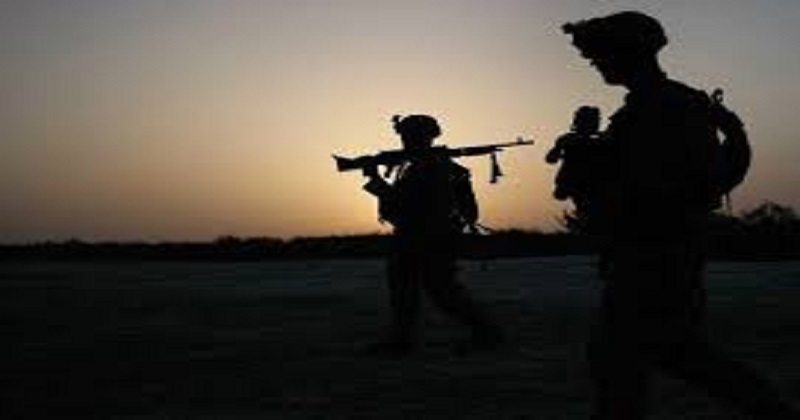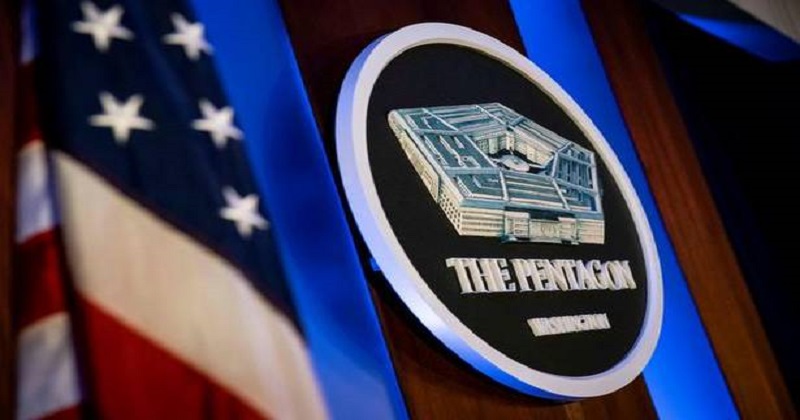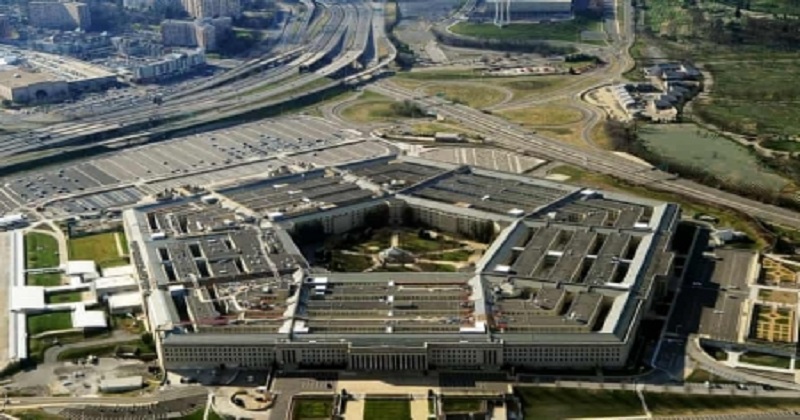
The Pentagon is planning for potential Taliban strikes on the US and allied forces as they retreat from Afghanistan, a chance that clogs the vision for turning down America’s longest war. May 1 was the date all US and other foreign troops were to have left Afghanistan under a February 2020 deal between the Taliban and the Trump presidency. As part of that contract, the Taliban paused charges on US troops, and none has been killed since then. But the Taliban stated it will regard the United States to violate the deal for avoiding the deadline for the full retreat. Their spokespeople have been uncertain about whether they plan to strike starting May 1.

President Joe Biden’s determination to advance with a final but paused withdrawal continues a different component of a security hazard as to the remaining 2,500 to 3,500 American crowds, along with about 7,000 alliance troops and thousands of contractors, start departing. Biden has said all will be spread by Sept 11, the date of the 2001 terrorist charges that urged the US to attack Afghanistan in the first position. “We have to assume that this drawdown will be opposed,” Pentagon press secretary John Kirby announced Tuesday in describing why Defence Secretary Lloyd Austin determined to hold an aircraft carrier in the Middle East and to move at least four B-52 bombers and divisions of an Army Ranger task force to the area as regards.

“It would be irresponsible for us not to assume that this drawdown and forces drawing down both American and from our NATO allies could be attacked by the Taliban,” Kirby added. Gen Mark Milley, chairman of the Joint Chiefs of Staff, traveling with him Thursday that the pullout is “complex and not without risk.” The military typically prepares for worst-case situations to attempt to evade being caught by surprise. The retreat from Afghanistan includes ground and air movements of troops, supplies, and equipment that could be exposed to combat.
For security causes, withdrawal circumstances are not being made public, but the White House and different defense officials approved Thursday that the drawdown has started. Defense executives, conversing on the state of anonymity to discuss delicate actions, said that in recent days some troops named “dozens” and military equipment have left the nation. The State Department also is taking precautions. On Tuesday, it notified all embassy personnel in Kabul to leave unless their responsibilities require them to be in Afghanistan. The order went well past the usual reduction of staffers for protection and safety reasons.
Read more; “Deadly California fire was an intentional attempt to conceal a MURDER”; Police reports revealed
Even the most experienced American critics of the Afghan conflict are doubtful of what to expect of the Taliban. Bruce Riedel, a Middle East analyst at the Brookings Institution and ex-CIA analyst, wrote this week that it’s unclear whether the rebels will strive to agitate the withdrawal, but he states they may intensify the war. Seth Jones, a counterterrorism and Afghanistan expert as director of the international security program at the Center for Strategic and International Studies, said the Pentagon is sensible to arrange for attacks, although he considers the Taliban is likely to confer inhibition.

Post Your Comments